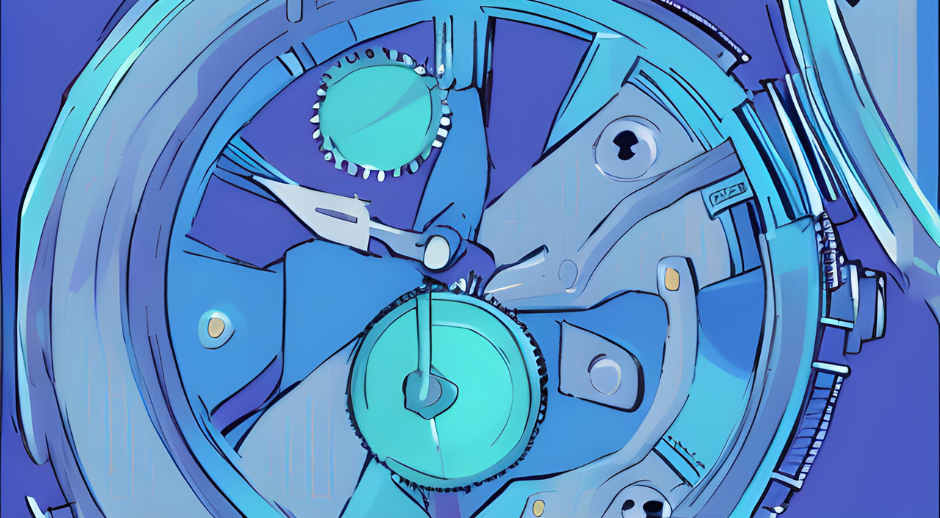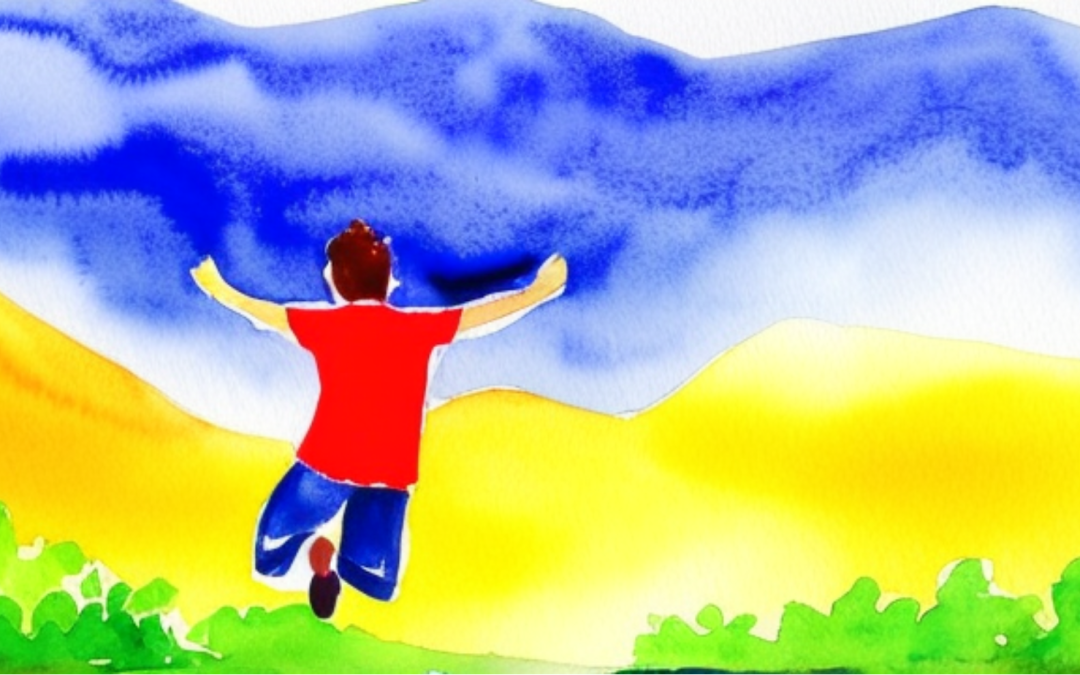
by Teal C. | Jun 1, 2023 | Uncategorized, Views from the Spectrum
Routines and Autism Sticking to routines can be important for autistic people. I mean, I’ve always been a stickler for routines and still am to this day. Even in an unfamiliar environment, it has been more necessary to set my own routines and know what I need to do...

by Teal C. | May 1, 2023 | Uncategorized, Views from the Spectrum
Coping Skills: Healthy v Unhealthy Coping skills are things people learn over time on how to manage their lives in ways that are either good or bad for them in the long and short term. The ones that are good often are ones that are harder to implement while the bad...

by Teal C. | Apr 1, 2023 | Uncategorized, Views from the Spectrum
Masking: Benefits & Burnouts Masking is hiding self-soothing behaviors that others may find “weird.” This involves such things as stimming or intense interests. Stimming is usually self-soothing techniques that involve anything to help, cope, or manage outside...

by Teal C. | Mar 1, 2023 | Views from the Spectrum
It’s a Spectrum My mom always used to tell me how everyone would try to give her advice on how to raise me because they would have someone they knew with autism. She understood where it was coming from; however, it just felt disingenuous to her. Her words were,...

by Teal C. | Feb 1, 2023 | Best Practice Blog, Views from the Spectrum
Learning Independence from CA There’s so much I have grasped over the years of being in the Transitional program at CA and a few that I still need to improve upon. Some of the ones that I have conquered are how to cook my own meals, do laundry, communicate with...
by Teal C. | Apr 14, 2022 | Uncategorized, Views from the Spectrum
Living in the CA house has been an experience I don’t want to forget. While some might wonder what goes on behind closed doors it was nothing out of the ordinary. People learn to cook balanced meals, shop for themselves, and figure out how to balance everyday things....





